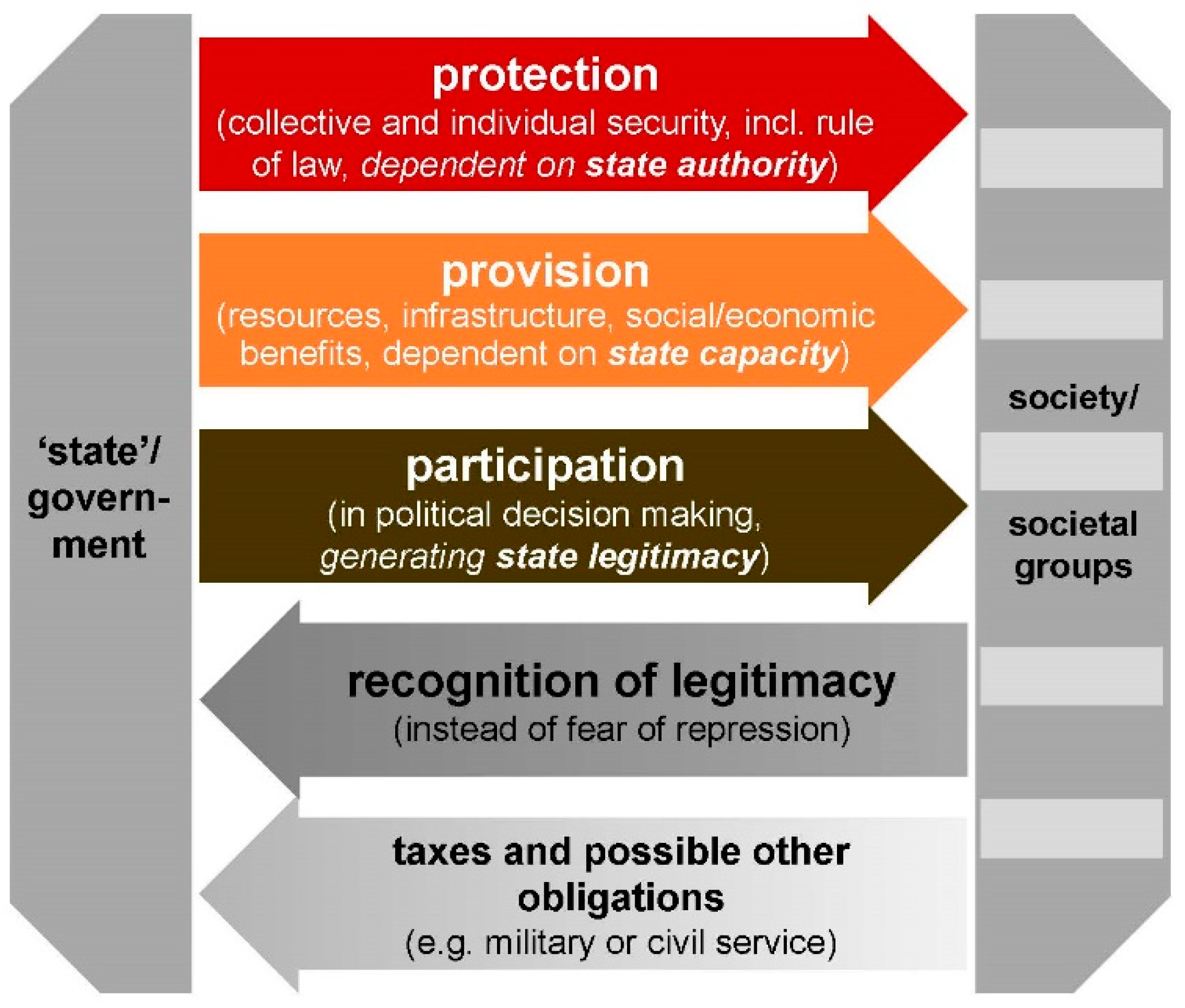Q.6 Explain and critically evaluate the main restrictions imposed in Islamic law on the freedom of contract. 2016

Islamic law imposes certain restrictions on the freedom of contract, which means that there are limitations on the types of agreements that individuals can enter into. The main restrictions imposed in Islamic law on the freedom of contract include:
- Prohibition of contracts that involve prohibited transactions: Islamic law prohibits certain types of transactions, such as gambling, usury, and the sale of prohibited items such as alcohol or pork. Contracts that involve these prohibited transactions are considered void and unenforceable.
- Prohibition of contracts that violate Islamic principles: Islamic law prohibits contracts that violate Islamic principles, such as contracts that are based on deception or fraud, or contracts that are contrary to the public interest.
- Requirement for mutual consent: Islamic law requires that contracts be entered into with mutual consent between the parties involved. Contracts that are entered into under duress, coercion, or fraud are considered void.
- Requirement for consideration: Islamic law requires that contracts involve consideration, which means that both parties must receive some benefit from the contract. Contracts that do not involve consideration are considered void.
- Prohibition of speculative contracts: Islamic law prohibits speculative contracts, which are contracts that involve a high degree of uncertainty or risk. Contracts that involve speculation or gambling are considered void.
- Prohibition of contracts that are against public policy: Islamic law prohibits contracts that are against public policy or public interest. This includes contracts that involve harm to individuals or society, or contracts that are intended to violate Islamic principles.
Critics of these restrictions argue that they limit the freedom of individuals to enter into contracts and engage in economic activity. However, supporters argue that these restrictions are necessary to ensure that contracts are fair, just, and in line with Islamic principles. By limiting the types of contracts that can be entered into, Islamic law seeks to prevent exploitation, fraud, and harm to individuals and society. Overall, while the restrictions on the freedom of contract in Islamic law may limit individual autonomy to some extent, they are seen as necessary to promote justice and fairness in economic transactions.